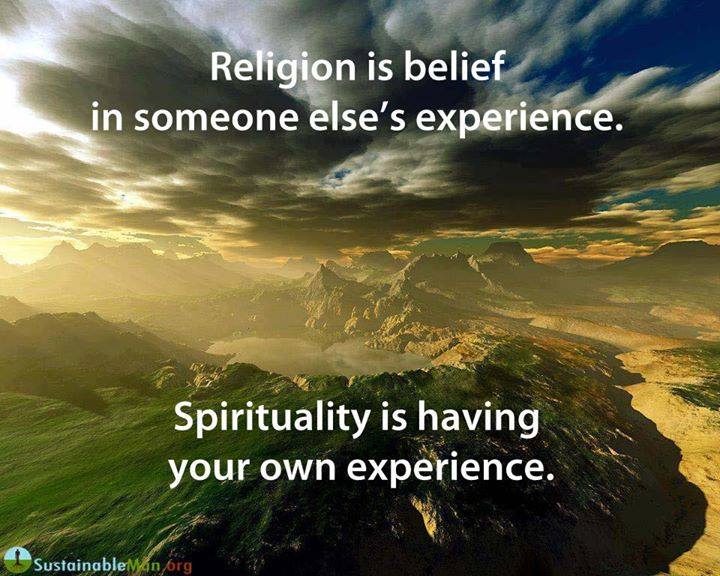- Joined
- Sep 6, 2017
- Messages
- 3,575
- Reaction score
- 2,429
- Location
- A Purple State
- Gender
- Male
- Political Leaning
- Moderate
Buddhism is generally indifferent to the existence of gods. Some variants acknowledge gods, but do not worship them or depend on them. Are there atheist Buddhists?
Secular Buddhism - Wikipedia
Yes. If one doesn't believe in some form of a higher power,"energy", ghosts, faeries, etc or anything beyond the physical realm, then they are essentially Atheist.
Buddhism seems more like a secular philosophy than a religion, even though it is classified as such.


